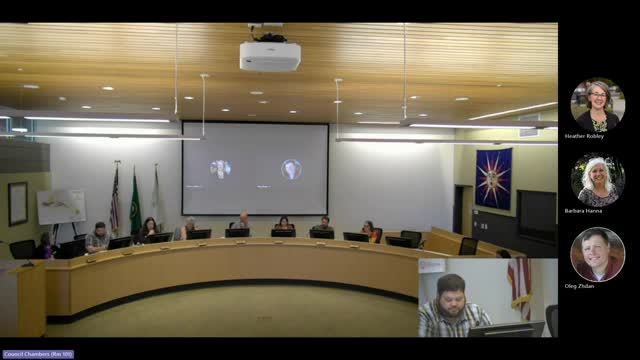Article not found
This article is no longer available. But don't worry—we've gathered other articles that discuss the same topic.

Sequim resident objects to survey activity and possible road expansion near Shaw Stump Farm; city staff to verify notice and scope
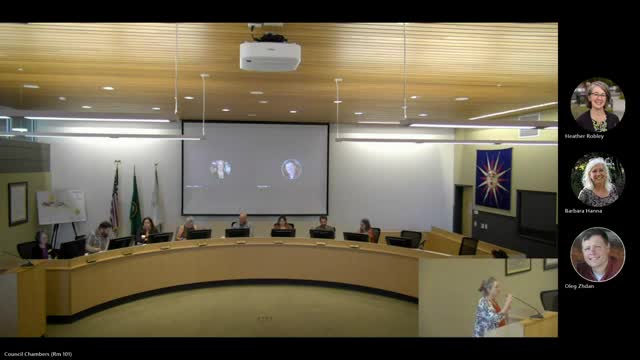
Sequim officials report progress on comprehensive plan update; state Commerce grant covers consulting work

Sequim women’s support group urges city action after repeated harassment, filth at Seal Street Park
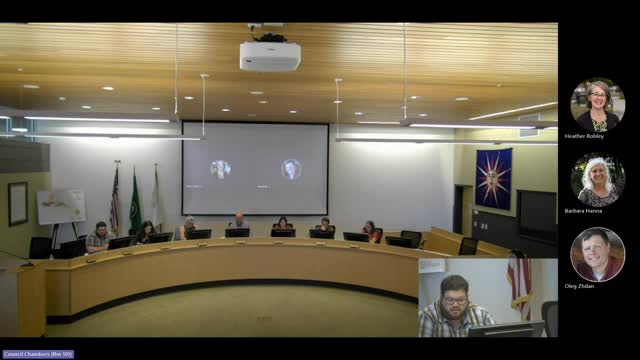
Sequim Council adopts 2026–2031 Transportation Improvement Plan
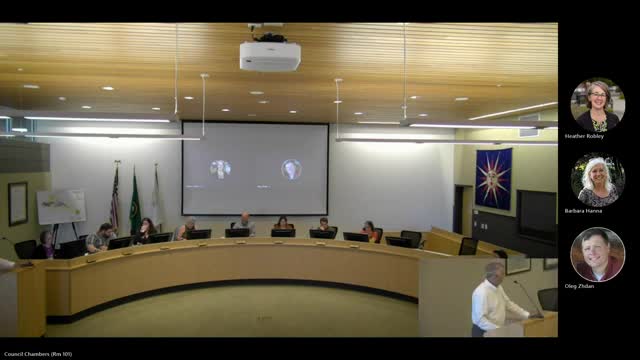
Sequim council approves five-year water and sewer rate increases, indexes new-connection fees to inflation
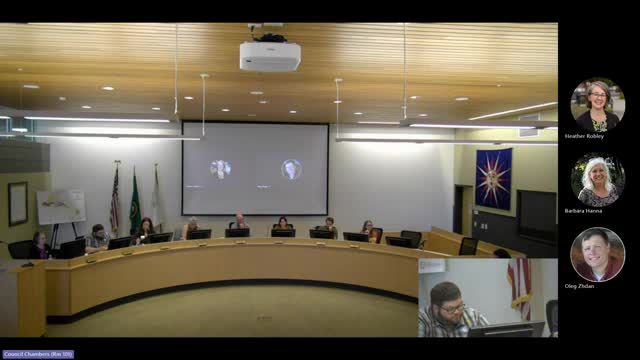
City reports $500,000 playground grant, 61 ADA ramp installations and cybersecurity grant submission
